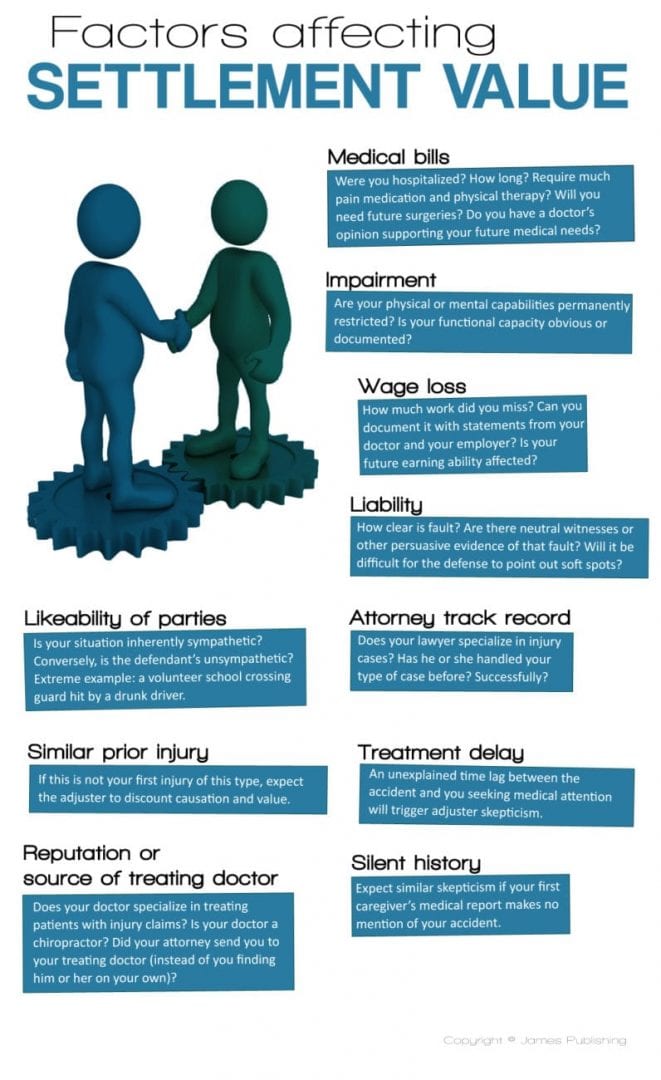The Real Estate Lawyer'S Handbook On Landlord-Tenant Regulation
The Real Estate Lawyer'S Handbook On Landlord-Tenant Regulation
Blog Article
Produced By-Staal Vinding
When it pertains to landlord-tenant regulation, understanding your rights and responsibilities is critical for both parties. You may think you have a strong grasp on the fundamentals, yet there are frequently subtleties that can catch you off guard. Whether you're a property owner taking care of a residential property or a tenant searching for a steady home, understanding the legal landscape can make all the distinction. What may surprise you are the complexities associated with navigating disagreements and expulsion processes.
Understanding Tenant Rights and Responsibilities
When you rent a property, it's essential to comprehend your civil liberties and obligations as a renter. You deserve to a secure and habitable living atmosphere, indicating your landlord needs to preserve essential solutions like heating, plumbing, and power.
You're likewise qualified to privacy; property owners commonly require to supply notification before entering your system.
On the other hand, you're responsible for paying lease on schedule, keeping the home tidy, and not triggering damage beyond typical wear and tear.
Acquaint yourself with your lease agreement, as it lays out specific policies and commitments. Recognizing these facets not just protects you however additionally cultivates a positive partnership with your property owner.
Keep notified, and you'll navigate your occupancy better.
Key Landlord Obligations and Legal Considerations
While you might know your civil liberties as a lessee, it's just as vital to comprehend your property owner's responsibilities.
residential vs commercial real estate should offer a safe and habitable living environment, guaranteeing that vital systems like heating, pipes, and power remain in functioning order. They're additionally responsible for making necessary fixings quickly and sticking to neighborhood building regulations.
In addition, property managers have to value your privacy by offering proper notice before entering your unit, typically 24 hours. They must take care of security deposits according to state regulations, consisting of returning them promptly after you vacate, minus any type of legal deductions.
Understanding these obligations can assist you preserve a favorable partnership with your property owner and guarantee your living scenario meets legal standards.
Navigating Disagreements and Expulsion Processes
Disagreements between property managers and lessees can develop suddenly, making it important for you to understand the processes associated with solving them.
Initially, communication is key-- try to discuss problems directly to discover a concession. If that stops working, familiarize yourself with your local regulations relating to conflicts and eviction. Paper whatever: keep documents of interactions, settlements, and any type of violations.
If mouse click the up coming internet site becomes needed, ensure you follow the legal steps required in your area, which frequently includes supplying written notification and a particular timeframe for resolution.
Be prepared to go to court if the circumstance escalates, maybe your only option. Understanding these procedures will aid you browse disagreements better and protect your civil liberties as either a property manager or tenant.
linked webpage
In summary, comprehending landlord-tenant legislation is necessary for both celebrations associated with a rental contract. By knowing your civil liberties and duties, you can cultivate a far better living setting and avoid disputes. If disagreements occur, remember that a realty lawyer can help lead you via the complexities of eviction processes and lawful responsibilities. Remaining notified and positive will certainly make sure a smoother rental experience, whether you're a proprietor or a lessee.
